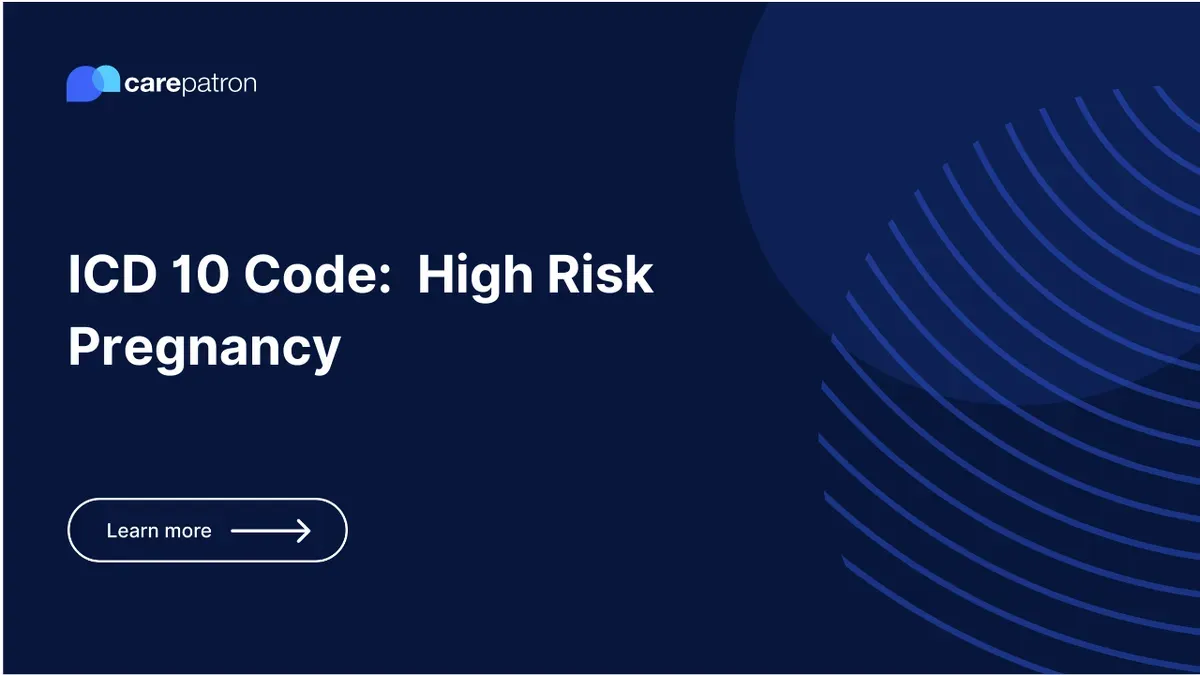
High Risk Pregnancy ICD-10-CM Codes
Discover the commonly used ICD-10 codes for managing high-risk pregnancies, their clinical description and whether they are billable.
Use Code
EHR and practice management software
Get started for free
*No credit card required
Free
$0/usd
Unlimited clients
Telehealth
1GB of storage
Client portal text
Automated billing and online payments
